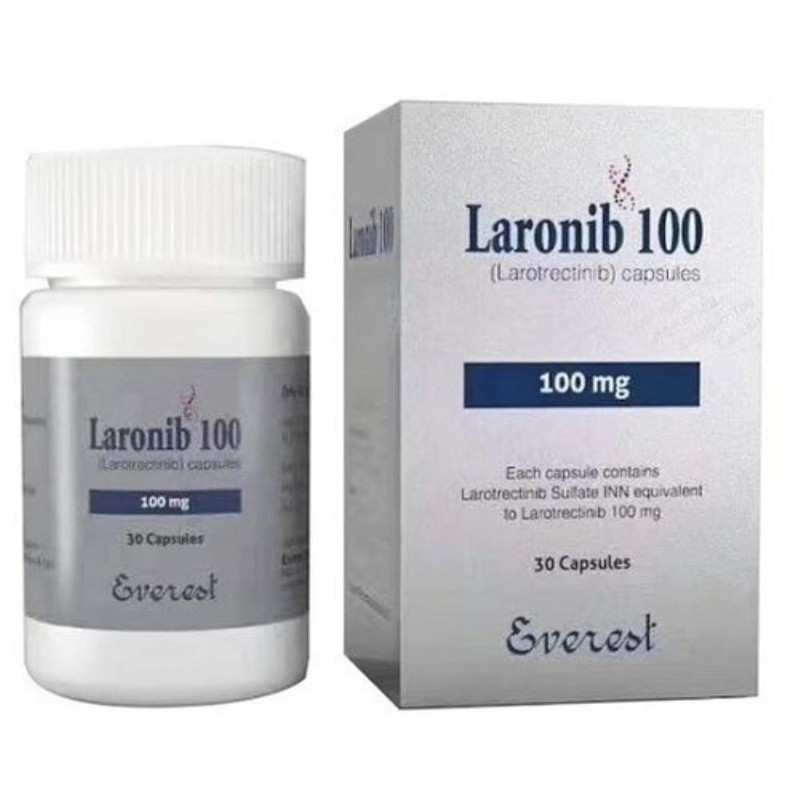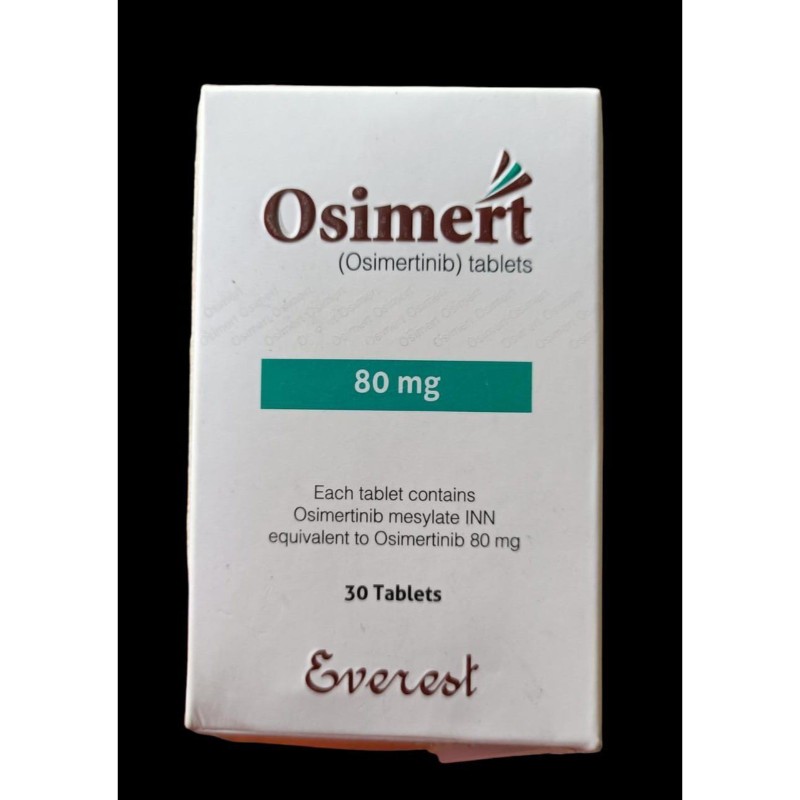Description
Selpercatinib (RETEVMO): A Breakthrough Targeted Therapy for RET-Driven Cancers
What is Selpercatinib?
Selpercatinib, marketed under the brand name RETEVMO, is an FDA-approved targeted therapy developed for the treatment of cancers driven by RET gene alterations. It is a selective RET kinase inhibitor designed to block the abnormal RET proteins that cause cancer cells to grow.
Selpercatinib is used to treat:
-
Non-small cell lung cancer (NSCLC) with RET gene fusion
-
Medullary thyroid cancer (MTC) with RET mutations
-
Other types of thyroid cancer with RET gene fusion or mutation
How Does Selpercatinib Work?
Selpercatinib targets and inhibits the RET kinase, a protein involved in cell growth. By blocking this protein, the drug can slow down or stop the growth of cancer cells that depend on RET signaling for survival and proliferation. Its precision-targeted action makes it effective while reducing damage to normal cells.
Indications and Usage
Selpercatinib is approved for use in:
-
Adults with metastatic RET fusion-positive NSCLC
-
Adults and pediatric patients (≥12 years old) with advanced or metastatic RET-mutant medullary thyroid cancer
-
RET fusion-positive thyroid cancer in patients who require systemic therapy and are refractory to radioactive iodine treatment
Key Benefits of Selpercatinib
-
Targeted action on RET mutations or fusions
-
High response rates in RET-altered cancers
-
Oral medication that can be taken at home
-
Well-tolerated with manageable side effects
Dosage and Administration
Selpercatinib is administered orally, typically twice daily, with or without food. Dosage depends on the patient’s weight and specific condition. It’s important to follow your oncologist’s instructions carefully.
Common Side Effects
Like all medications, Selpercatinib may cause side effects. The most common include:
-
Dry mouth
-
Diarrhea or constipation
-
Fatigue
-
Hypertension (high blood pressure)
-
Liver enzyme elevation
More serious side effects can occur, including liver toxicity, QT prolongation (heart rhythm changes), or bleeding. Regular monitoring is essential.
Who Should Avoid Selpercatinib?
Patients with known allergies to Selpercatinib or those taking certain other medications (due to drug interactions) should consult their healthcare provider before starting treatment. It is also important for pregnant or breastfeeding women to avoid the drug due to potential harm to the fetus or infant.
Why Choose Selpercatinib?
Selpercatinib represents a personalized approach to cancer therapy, offering hope for patients with RET-driven cancers. Its development marks a shift toward precision oncology, targeting the genetic drivers of cancer to improve outcomes and reduce unnecessary toxicity.






Reviews
There are no reviews yet.